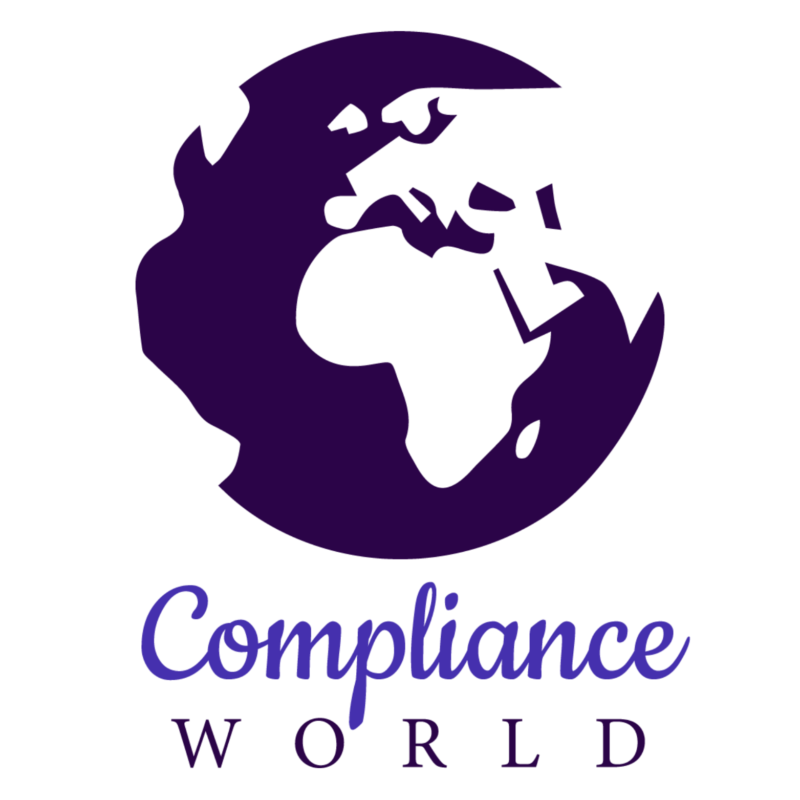AML & KYC Compliance
AML and KYC compliance obligations in Singapore
Anti-Money Laundering (AML) and Know Your Customer (KYC) compliance obligations in Singapore are essential components of the country’s financial regulatory framework. These regulations are designed to prevent money laundering, terrorist financing, and other financial crimes, while also ensuring the integrity of the financial system. Compliance with AML and KYC requirements is mandatory for financial institutions and certain designated non-financial businesses and professions (DNFBPs) in Singapore.
Key aspects of AML and KYC compliance obligations in Singapore
Legal Framework
Singapore’s AML and KYC regulations are primarily governed by the Monetary Authority of Singapore (MAS), which issues guidelines and regulations for financial institutions and other regulated entities. The primary legislation governing AML and CFT (Countering the Financing of Terrorism) is the Terrorism (Suppression of Financing) Act (TSOFA) and the Corruption, Drug Trafficking and Other Serious Crimes (Confiscation of Benefits) Act (CDSA).
Customer Due Diligence (CDD)
Financial institutions and regulated entities are required to conduct CDD to verify the identity of their customers. This includes obtaining information about the customer’s identity, beneficial ownership, and the purpose and nature of the business relationship. Enhanced CDD measures are required for high-risk customers, such as politically exposed persons (PEPs).
Record Keeping
Entities must maintain records of customer identification and transactional information for a specified period, typically five years.
Suspicious Transaction Reporting:
If an entity suspects that a transaction may be related to money laundering or terrorist financing, they are obligated to report it to the Suspicious Transaction Reporting Office (STRO) in Singapore.
Training and Compliance Programs:
Entities are required to implement AML and KYC training programs for their employees to ensure they are aware of the regulations and can identify suspicious activities.
Risk-Based Approach:
MAS encourages a risk-based approach, where entities assess and manage their risk exposure and apply appropriate measures based on the assessed risk. This means focusing resources on higher-risk customers and transactions.
Penalties for Non-Compliance:
Non-compliance with AML and KYC regulations can result in significant penalties, including fines and imprisonment for individuals involved.
How the compliance world helps companies in Singapore meet these obligations
Technology Solutions:
Compliance software and technology platforms have been developed to streamline AML and KYC processes. These solutions can automate identity verification, risk assessment, and transaction monitoring, making compliance more efficient and accurate.
Consulting and Advisory Services:
Compliance consulting firms offer advisory services to help companies understand and implement AML and KYC regulations effectively. They provide guidance on developing policies, procedures, and risk assessment frameworks.
Training and Education:
Companies can access training programs and resources to educate their employees on AML and KYC compliance requirements. These programs may be offered by industry associations or compliance training providers.
Regulatory Updates:
Staying informed about changes in AML and KYC regulations is crucial. Compliance firms and associations often provide updates on regulatory changes and best practices to ensure companies remain compliant.
Auditing and Monitoring:
Compliance firms can conduct audits and ongoing monitoring to assess a company’s compliance with AML and KYC regulations, helping to identify and rectify any weaknesses in their processes.


